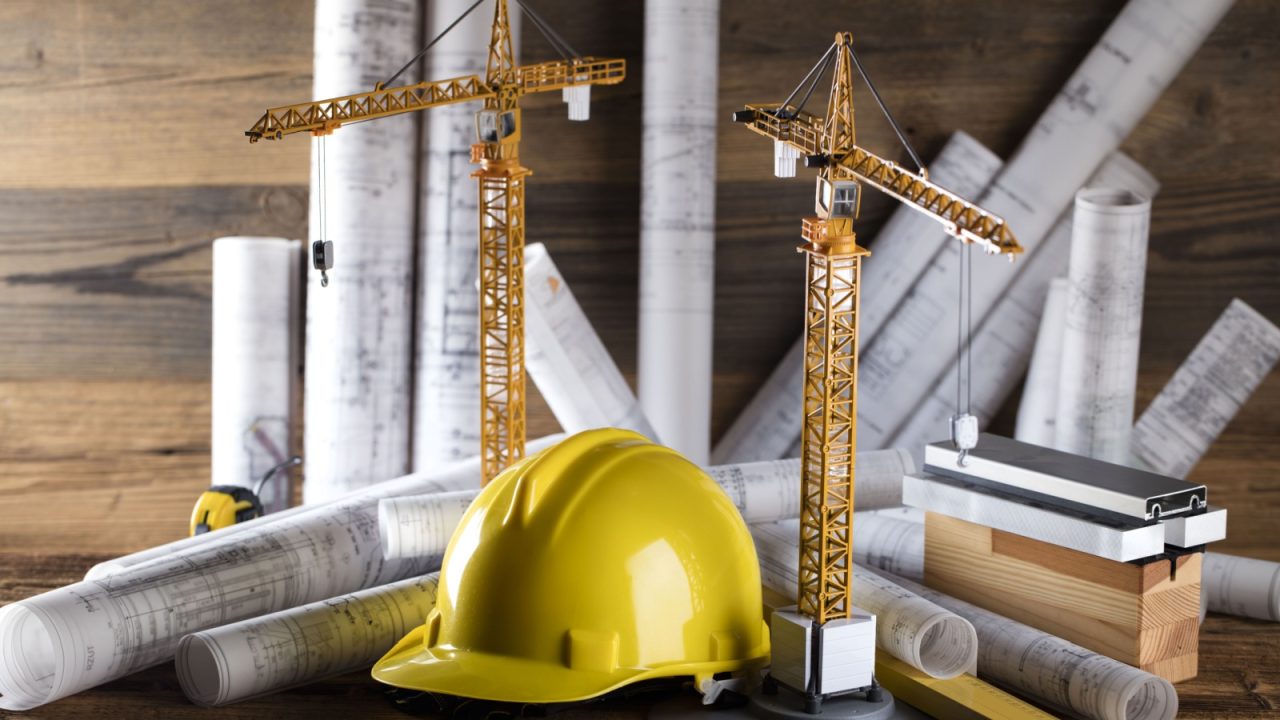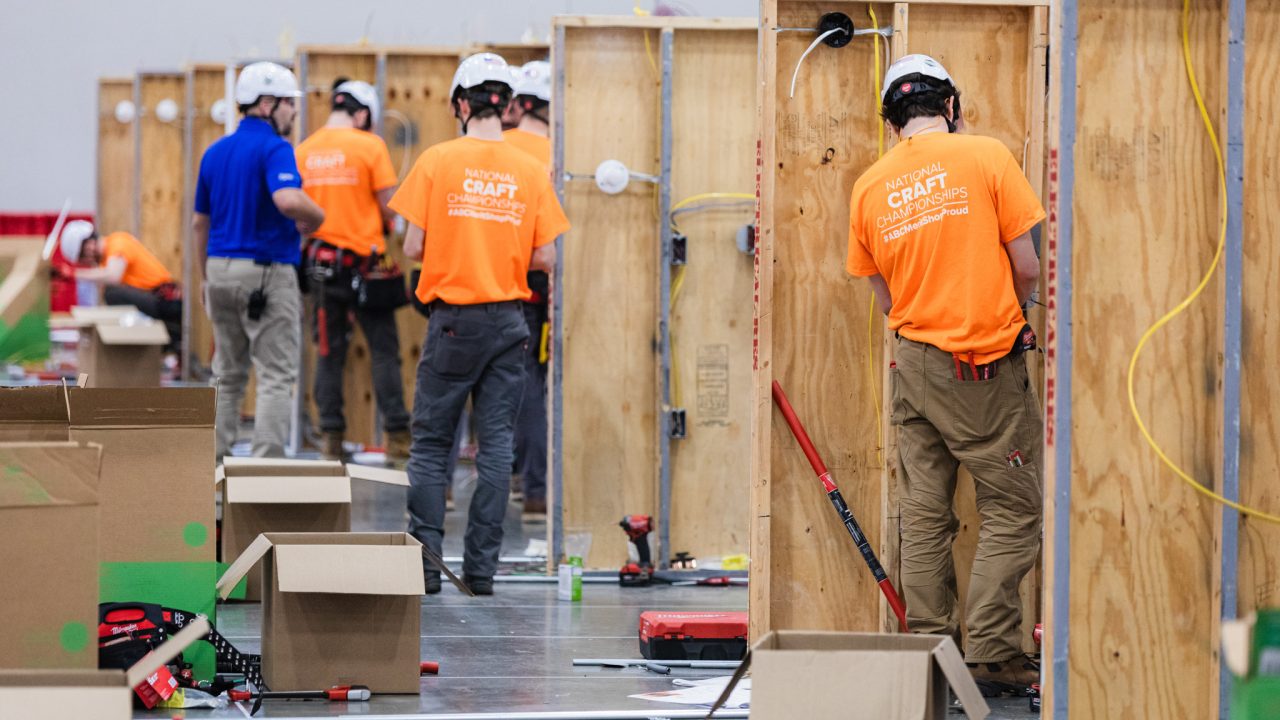A recent study showed pre-employment screening can reduce workers’ compensation costs per hour by 29% and per incident by 25%. Implementing a comprehensive background check and pre-employment screening solution is an essential step toward protecting a construction company, employees and customers.
Pre-employment screening and assessments
Pre-employment screening is an assessment that identifies job candidates who could be a potential risk for counterproductive behaviors in the workplace such as illegal drug use, theft, absenteeism, poor time management and workers’ compensation fraud. Screening applicants can also point out job performance behaviors like poor work ethic, misconduct and a lack of moral decision making. Employers who need to reduce workers’ compensation claims are turning to claims prevention through better conducted pre-employment assessment practices.
Types of pre-employment assessments include:
- Integrity Testing. In recent years, integrity testing has gained significant acclaim as an effective and resourceful screening tool.
- Covert tests. Concealed in purpose, indirect questions are provided that predict the likelihood of risk for a potential employee, if hired.
- Overt tests. Clear in purpose, these tests use direct questions that recognize job candidates who admit they’re high risk for behaviors, which can be a factor with workers’ compensation claims.
- Hybrid tests. This test is a combination of both Overt and Covert questions that pinpoint high risk applicants and predict the applicants expected performance.
- Construction related tests. Sources suggest implementing an aptitude test specifically for certain professions. The construction focused test measures a workers’ aptitude for understanding and operating machinery, equipment and tools.
- Background Checks. There are a wide range of tests that can be conducted legally including reference, motor vehicle, criminal background and child abuse reports.
- Motor Vehicle Record (MVR) report. Giving keys to an employee with a poor driving record can subject a construction company in the event of an accident. The report will bring to attention a potential bad habit the applicant will be bringing with them on the jobsite.
- Criminal background check. Hiring an employee with a criminal history can present a risk to fellow employees or even the public.
- Reference checks. Reference checks are a great and easy resource. This check will help solidify the current outlook and open up a window of opportunity to hear about their work habits or potential risks they didn’t disclose in the application.
- Child abuse checks. The National Child Protection Act of 1993 gives “qualified entities,” such as organizations that provide services for children, the elderly and people with disabilities, the ability to request fingerprint-based national criminal history reports on volunteers, employees and applicants.
Construction is ranked as the highest rate of injury of any occupation, it’s key for companies to consider the benefits of pre-employment assessments.
Benefits of pre-employment screening include:
- Increasing the quality of employees. Construction companies that focus on hiring the best candidates receive higher productivity, increased product quality, lower employee turnover and overall increased customer satisfaction.
- Reducing negligent hiring. Hiring an inadequate individual for a position hinders the company, project or overall deadlines, but the employer could potentially become liable if an employee isn’t acting within the scope of their responsibilities. If the new hire injures a co-worker, customer or innocent bystander, the incident could be viewed as negligent upon the employer whether the employer knew about employee’s background or not. Not every state acknowledges negligent hiring, or what’s considered a liability, but using common assessments and conducting sound hiring processes could save a company legal fees up to millions of dollars.
- Reducing the severity and frequency of workers’ compensation claims. A construction company requires specific pre-employment assessments, individuals who think they might fail, don’t apply. By making the tests known to the general public the construction company overtly eliminates potential risk even before the hiring process begins.
- Reducing employee misconduct. Using aptitude tests, background checks, and criminal records help a construction company understand the applicant. The applicant might potentially deflate employee morale, negatively impact the brand and reputation, eliminate and potential theft. Most importantly the background check would remove the possibility that the applicant could physically or mentally harm co-workers, customers, the general public or themselves.
Implementing and utilizing a pre-employment screening procedure is an essential step for all construction employers to take to protect their workers, the general public and the company itself. Many companies prefer to outsource their pre-employment screening assessments to specialized firms. Those firms should exercise due diligence to make sure they have the resources to perform all assessments correctly and in full compliance with the Fair Credit Reporting Act (FCRA), Equal Employment Opportunity Commission (EEOC) and in accordance with any collective bargaining agreements.
*A previously published edition of this article contained an inaccurate statement related to drug abuse which was attributed to the National Council on Compensation Insurance. NCCI never made the afore-referenced statement and it has been removed from this article. For more information on NCCI and its mission, please visit ncci.com.







